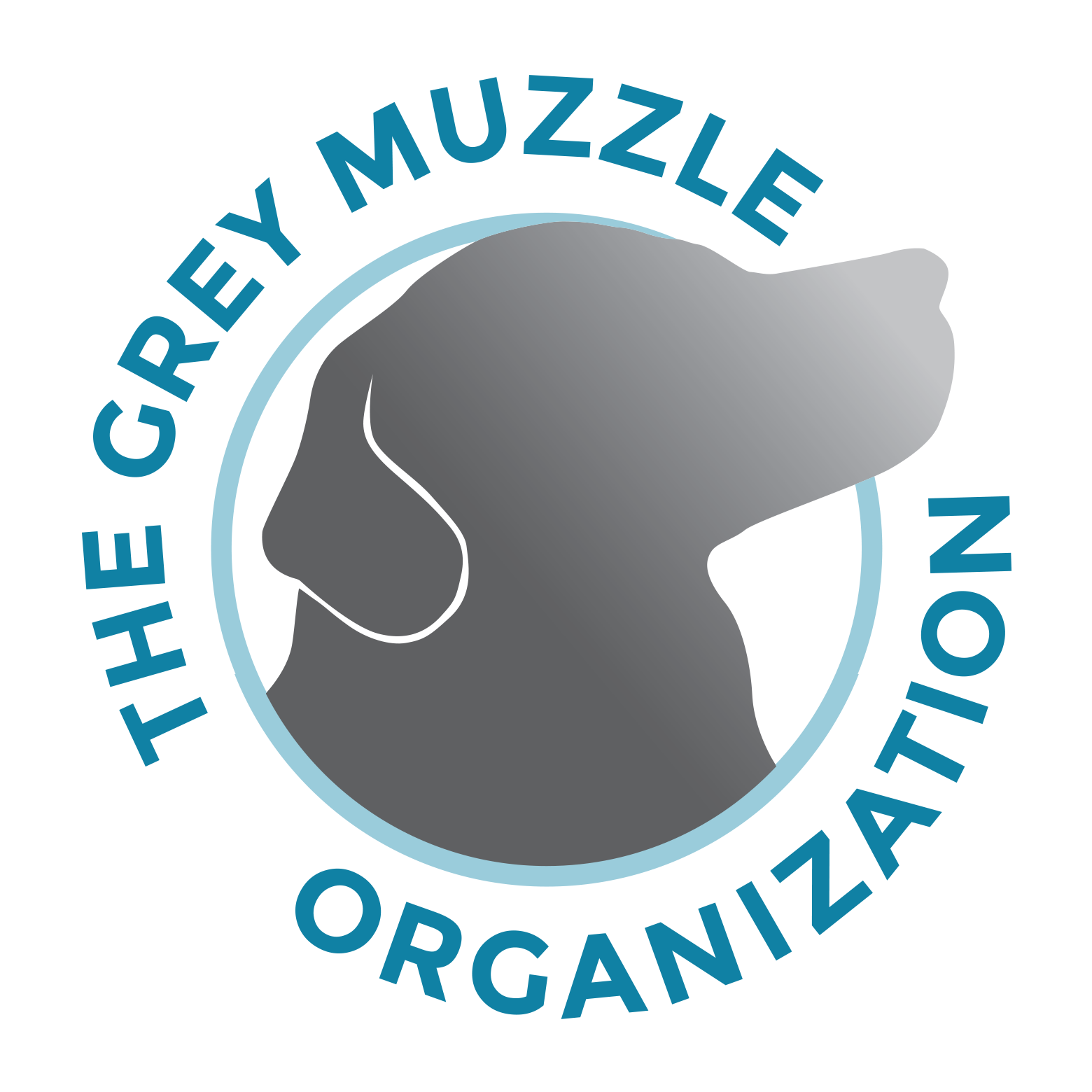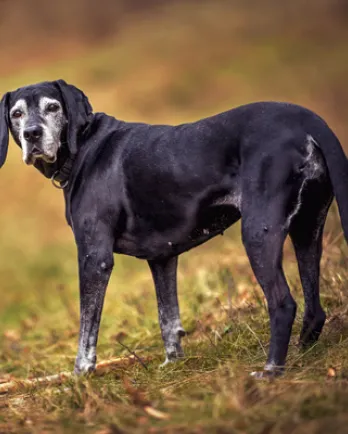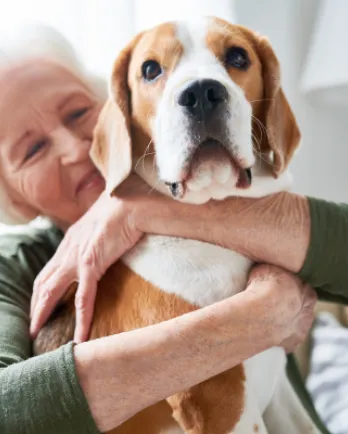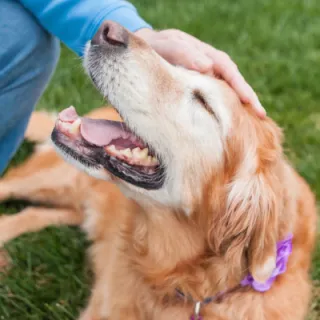Supporting Senior Dogs: Simple Changes to Make Their Life and Yours Safer and Easier
“We don’t stop playing because we grow old; we grow old because we stop playing.”
Dr. Dawn Gleason appropriately kicked off this webinar with the above quote from George Bernard Shaw, and although Shaw probably wasn’t referring to dogs, Dr. Gleason showed that his words absolutely apply to our canine family members. A veterinarian and certified veterinary acupuncturist, food therapist, and rehabilitation specialist, Dr. Gleason provides many insights in this eye-opening presentation.
Dr. Gleason's Top Eight Takeaways.
1. Patience: Patience is core to working with older dogs. This may be the most important skill that we can offer to our pets as they age.
2. Observation: Dr. Gleason suggests taking some time to be an observer of our senior dogs. Sit back and watch them as they walk, play, eat, and even sleep. Make note of anything that seems difficult, confusing, or painful as you watch them, but also tune into the things they enjoy most. The information you take away from these observations will help enrich your dog’s life and keep her safe and comfortable.
3. Vision: Vision problems aren’t always evident in dogs, so pay attention to changes such as being tentative on walks, or not venturing away from you as much as usual. Also, vision changes may cause your pooch to accidentally nip at your fingers when accepting treats, as close-up vision tends to deteriorate first.
If you think your dog’s vision is failing, be sure to provide plenty of lighting at night, both indoors (nightlights) and outside in the yard. Also, try to avoid moving furniture around whenever possible.
4. Hearing: Loss of hearing is often more evident than vision problems. Teaching hand signals to your dog early on is a great way to proactively minimize the effects of hearing loss, and it’s also very useful even if your dog has perfectly good hearing (think: when you’re chatting with someone and all you need to do is silently signal your dog to sit, lie down, or stay without interruption!)
5. Mobility and pain management: This is one of the broadest and most challenging areas for older dogs. Injuries, arthritis, and other medical conditions can make getting around hard for our furry seniors. Dr. Gleason covers a lot of ground on this topic, including:
- Hind-end weakness and loss of coordination
- Getting in and out of the car and using doggie doors
- Navigating stairs and hardwood floors
- Special harnesses, non-slip products, raised feeders, wagons, and orthopedic beds are all discussed.
6. Neurological Issues: Cognitive Dysfunction Syndrome (CDS) is like dementia in humans, and sadly will affect most senior dogs, the older they get. It can manifest itself in many ways, including confusion, anxiety, and incontinence. Maintaining patience and consulting with your vet should be priorities, as you’ll need to consider quality of life versus length of life.
7. Overwhelm: If your household is busy with kids, multiple pets, or lots of people coming and going, your senior pup may benefit from some space and quiet time away from visitors and rambunctious siblings (both human and animal!). Something as simple as putting up a gate so they can rest but still quietly observe the household activities can go a long way in minimizing stress and overwhelm.
8. Enrichment Activities: No matter what or how many of these issues you may be dealing with, there are activities we can do with our older dogs to keep their brains working and bring them joy. Things like car rides and walks, nose work (sniffing games), food puzzles, chasing bubbles, digging, and even simple agility games are fun and will also tire them out.
Whatever challenges your beloved older dog may be going through, Dr. Gleason’s ideas and recommendations are sure to bring you both comfort and joy while navigating their senior years.
Click here to watch the full webinar!
What Viewers are Saying
I have been caring for a senior dog for five years and attending Grey Muzzle webinars for three years. I have read many books by your speakers, but I STILL picked up some new information from Dr. Gleason! I always recommend owners with senior dogs investigate Grey Muzzle. You are a great resource. Thank you!
- Practical, applicable information. Excellent illustrations and examples. I loved the idea of having patience with senior pets.
- I liked the organized format of simple, common-sense tips to help older dogs. It is always helpful when visual lists or pointers are shown. The vet presenting was warm and personable.
- I really appreciated Dr. Gleason's approach to senior dog care and found her way of communicating tough subjects to be filled with compassion. She addressed the idea of euthanasia with such grace and care.
About the Presenter
Dr. Dawn Gleason is a veterinarian, Certified Veterinary Acupuncturist (CVA), Certified Veterinary Food Therapist (CVFT), and a Certified Rehabilitation Practitioner (CCRP). She is also the owner and operator of Life Quality Pet Care in Minden, NV. Life Quality Pet Care was built on the belief that quality pet care is a lifelong commitment between Dr. Gleason and her clients. Together their job is to make patients’ lives better by increasing their mobility and strength while keeping them comfortable into old age.
Dr. Gleason provides veterinary services to dogs of all ages and sizes, specializing in canine rehabilitation and senior dog care. She utilizes an integrative approach combining Western medicine with acupuncture, rehabilitative knowledge, lifestyle advice, Chinese herbal medicine, laser therapy, and massage.
Wendy Gertridge is a writer, editor, and senior dog advocate who lives in South Dartmouth, Massachusetts with her husband and senior hound mix, Scarlet Begonia. [email protected]





